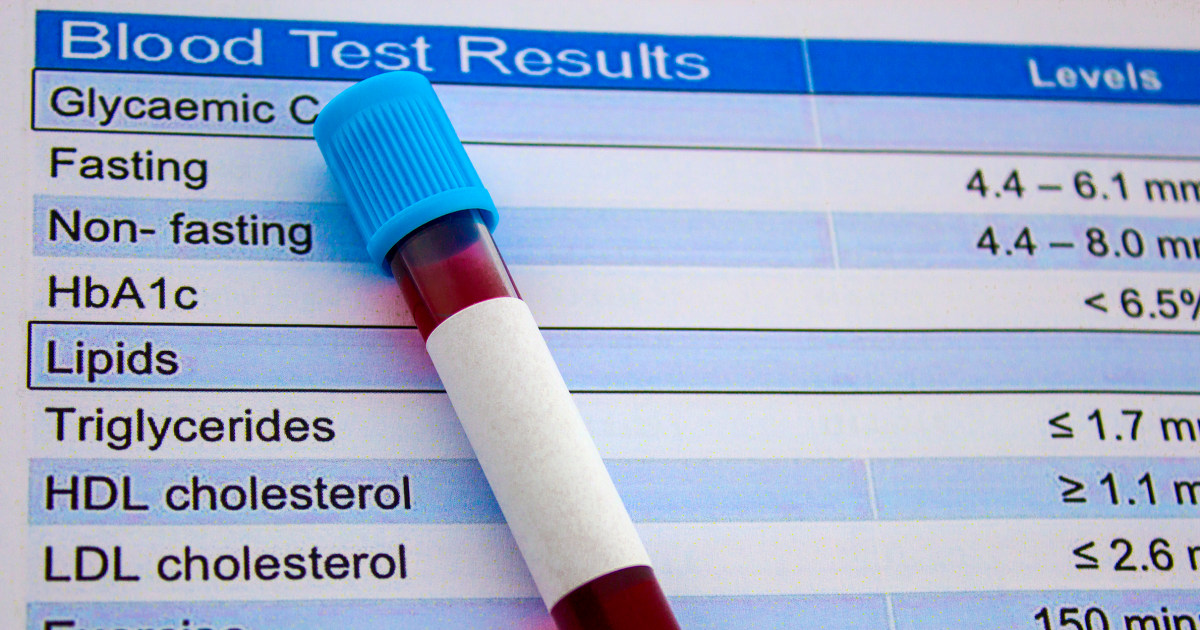Gene Editing Trials Progress to Combat High Cholesterol and Heart Disease
Gene-editing therapy to lower harmful cholesterol is progressing through clinical trials, aiming to significantly reduce heart disease risk for many Americans.
Overview
- Approximately one-quarter of U.S. adults currently suffer from dangerously high LDL cholesterol levels, a significant risk factor for cardiovascular disease.
- A novel one-time gene-editing therapy is being developed to effectively lower these harmful cholesterol levels, offering a potential long-term solution.
- A Phase 1 clinical trial, involving 15 participants, successfully evaluated the safety and initial effectiveness of this innovative gene-editing treatment.
- Following promising Phase 1 results, the therapy is now advancing to larger Phase 2 and Phase 3 clinical trials with expanded patient groups.
- This gene-editing approach holds the promise of significantly reducing the risk of heart disease, which remains the leading cause of death for Americans.
Report issue

Read both sides in 5 minutes each day
Analysis
Center-leaning sources present a neutral and balanced report on the gene-editing drug for cholesterol. They avoid loaded language and provide a comprehensive overview, detailing both the promising early trial results and the significant expert concerns regarding long-term safety and the availability of existing treatments. The coverage ensures readers receive a well-rounded understanding of the scientific development.
Articles (4)
Center (1)
FAQ
The gene-editing therapy targets the angiopoietin-like protein 3 (ANGPTL3) gene, which helps regulate lipid metabolism, to safely lower LDL cholesterol and triglyceride levels.
In the Phase 1 trial, the highest dose of the therapy led to mean reductions of approximately 48.9% in LDL cholesterol and 55.2% in triglycerides through at least 60 days of follow-up.
Experts emphasize the importance of thorough evaluation of safety, noting that while early results are promising, much more research is needed to confirm the therapy's safety before clinical use.
Following successful Phase 1 results, the gene-editing therapy is progressing to larger Phase 2 and Phase 3 clinical trials involving expanded patient groups.
By significantly lowering LDL cholesterol and triglyceride levels, this gene-editing therapy has the potential to greatly reduce the risk of heart disease, the leading cause of death in the U.S., potentially benefiting millions of people.
History
- This story does not have any previous versions.



